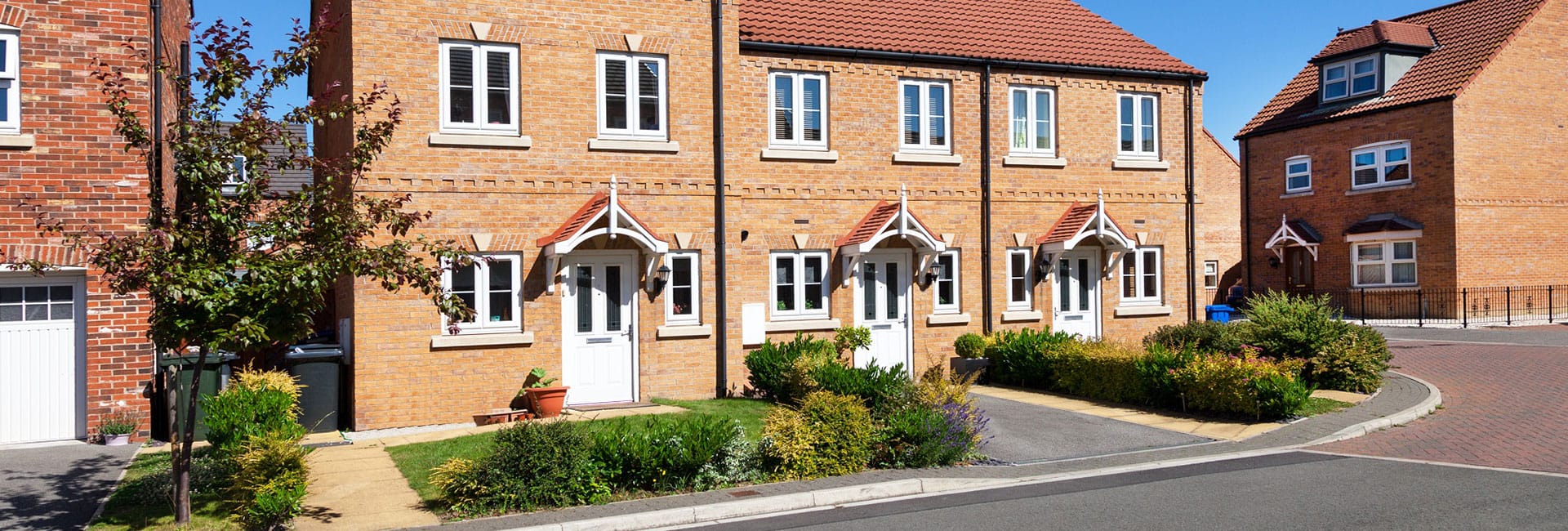Would a Rise in Interest Rates Stop UK House Prices Booming
House prices in the UK have continued to rise throughout 2014, with the cost of an average home up £17,000 on this time last year. Throughout the same period however, wages have only risen a mere £417 on average – meaning householders are taking on bigger debts.
Does this pattern look set to continue, or are there changes ahead in the property market?
The UK Property Market
Although Halifax reported a drop in house prices in April for the second successive month, UK house prices in general are up by 8.5 percent on the same time last year. However, with the property market seemingly overheating in some areas, many are concerned that rates cannot continue to rise above wages forever.
We as an estate agent in London Bridge know if house prices continue to boom, houses will become less and less affordable, leading to a massive increase in the amount that first-time buyers spend on their mortgages.
The Role of Interest Rates
There is widespread concern that UK house prices are rising at an unsustainable rate – just as our economy emerges from recession, the housing market is already showing signs of overheating.
Much of this is due to the current low interest rates set by the Bank of England – currently 0.5 percent. This rate has reduced the cost of mortgage payments, which makes the prospect of buying a house fairly attractive – which is a significant factor in the current rise in prices on the housing market.
But would a rise in interest rates make much difference? And will new mortgage rules impact property prices?
The National Institute of Economic and Social Research (NIESR) thinks not. It believes that the boom in house prices will continue for another two years before a rise in interest rates finally brings it to a halt in 2017.
Any rise in interest rates will have a significant impact on the housing market, as it would increase the cost of mortgages, which would deter prospective house buyers, and may force some home owners to sell.
The Government’s Help to Buy Scheme
Another factor likely to impact on house prices is the potential loss of the government’s Help to Buy scheme, which impacts on all properties under £600,000.
Many financial experts believe the scheme is no longer necessary or viable because of strong economic growth and falling unemployment.
The Help to Buy scheme is currently in its second phase, which allows borrowers to put down a deposit of as little as 5 percent with a mortgage accounting for the remaining 95 percent.
Critics of the scheme claim it is doing nothing to tackle the shortage of affordable homes on the market, and the Bank of England is keeping a close eye on the scheme so it can intervene if necessary.
A Rise in Interest Rates
There can be little doubt that the UK needs to calm the housing market and settle concerns re an impending crash. If the housing market continues to boom, we could see a rise in interest rates as early as the end of this year, but increases are likely to be modest initially and they are not the only factor involved in the UK housing market.



 Login
Login















